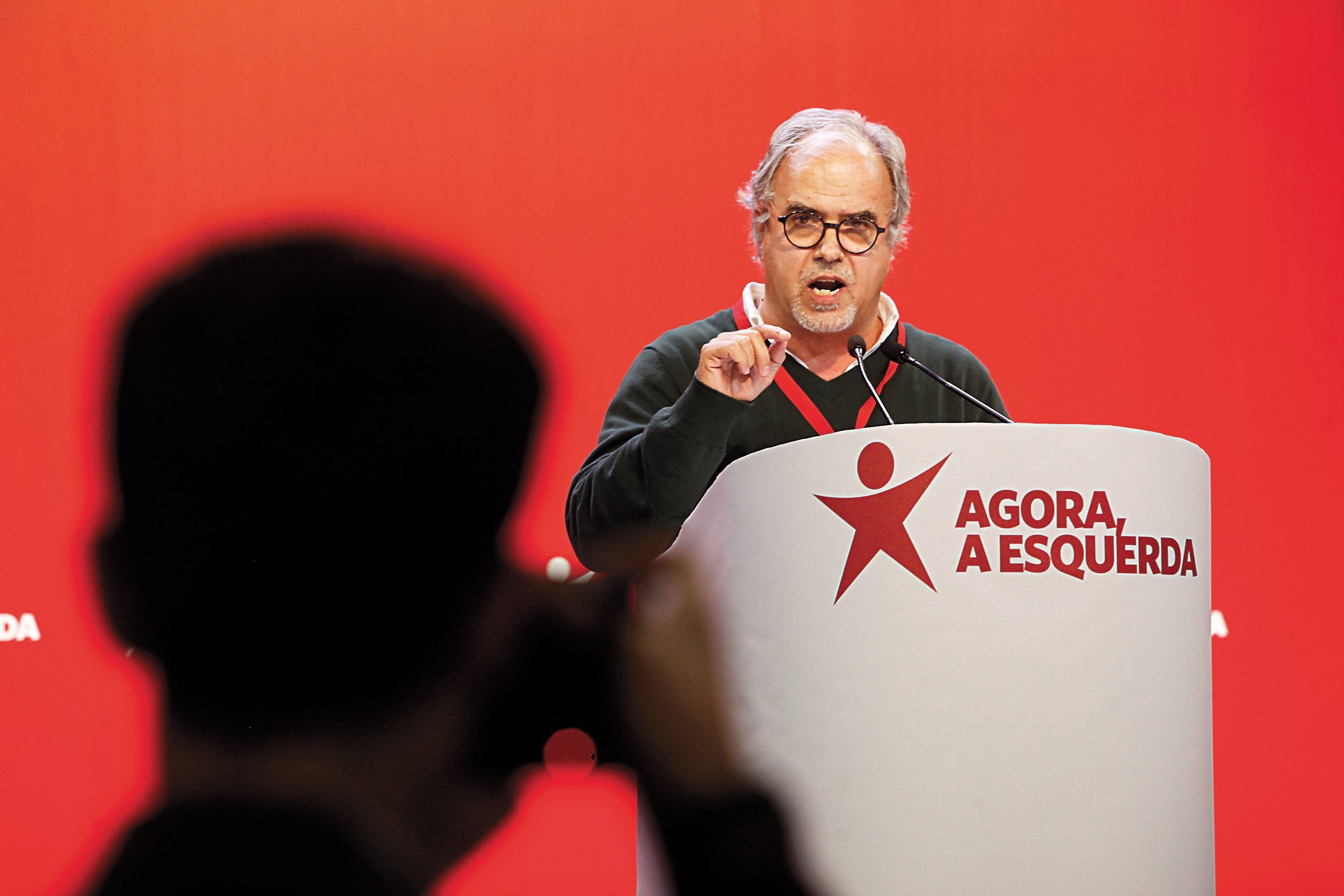A Portuguese person is a Portuguese person.

The Liberal Initiative's vote in favor of the nationality law is anything but liberal, and the more one insists on calling it liberal, the more the misconception is revealed, like a label stuck on a bottle of vinegar saying "Port wine." It's the kind of thing done to soothe consciences, to give an appearance of seriousness to a gesture that, in essence, is anything but serious. As everyone knows, there were already first-class Portuguese citizens, those on the coast, with universities where professors come and go, hospitals that function more or less adequately, paved roads, and public services that, despite all the complaints, still exist; there were already second-class Portuguese citizens, those in the interior and on the islands, who wait months for a consultation, who live in places where a fire takes a week to extinguish, where the connection to the mainland is a lottery of prices and schedules; and now, with an almost cynical nonchalance, they have invented third-class Portuguese citizens, as if it were inevitable, as if it were natural. It's a kind of bureaucracy of inequality: people are organized into shelves, labeled, a category is decided, and that's it, problem solved, justice done. That's how order is feigned in the midst of chaos.
A Portuguese person is a Portuguese person, or should be, but in this logic they are not. Because then there are precarious Portuguese citizens, disposable Portuguese citizens, Portuguese citizens who can be unplugged with a gesture of a secretary, like switching off an old lamp that no longer illuminates anything. Citizenship, transformed into a telecommunications contract, with hidden clauses and fine print, a service that is canceled when the bill is not paid or when the provider decides that the client is not performing. It is colossally absurd, almost grotesque, but presented with the theatrical seriousness of those who believe they are defending the rule of law. Tighten the filters, of course. Implement rigorous processes, carefully investigate those who request nationality, demand proof, documentation, veracity. But, once granted, nationality is not a handout that can be withdrawn, it is not a favor that can be returned like returning a gift in a store with the receipt. Citizenship is not an object that can be given and taken away at will.
And here's the central point: what is most disturbing, what is most shameful, is the way the State, which should acknowledge its failures, finds a way to absolve itself of blame. The State that granted nationality, that failed to oversee, that didn't see what it should have seen, that allowed fraudulent processes to pass, is the same one that now, like a self-appointed moralist, decides that the citizen is to blame. And, instead of correcting what went wrong internally, it prefers to curtail the rights of those who had already acquired them. It's the old Pontius Pilate technique, but in a bureaucratic and cold version: hands are washed, and the error becomes someone else's. As if the State were an incorruptible entity that never makes mistakes, and not the group of men and women who so often err, fail, and are complicit in schemes. This is not liberalism, it is merely another manifestation of state arrogance, a way of governing by shortcuts, a kind of administrative expedient to hide its own incompetence.
Because true liberalism is not this. Liberalism is not the State deciding who belongs and who doesn't, as if the nation were a hospital waiting room where someone hands out tickets and, halfway through the queue, decides that there is no one to see after all. Liberalism is exactly the opposite: it is guaranteeing that, once recognized, the status of citizen is untouchable, a right that cannot be curtailed by legislative whim or the desire to appear severe in times of populism. Liberalism is protecting the individual against the State, not turning them into a hostage of the state machine. This law, far from being progress, is a regression. It is a device typical of insecure regimes that thrive on control and threats. It is a civilizational setback. And the vote of the Liberal Initiative, instead of affirming principles, was a surrender, a capitulation to the easy discourse of punishment and force.
And in the end, all that remains is this, the obvious that we try to forget, but which is inescapable: a Portuguese person is a Portuguese person. There are no first-class, second-class, or third-class Portuguese citizens. There is no citizenship with an expiration date, no passport that can be confiscated like a badly parked car. If a State starts deciding who deserves to remain a citizen and who doesn't, it ceases to be a liberal State and becomes something else, something closer to what we once had and swore we wouldn't want to repeat.
observador





